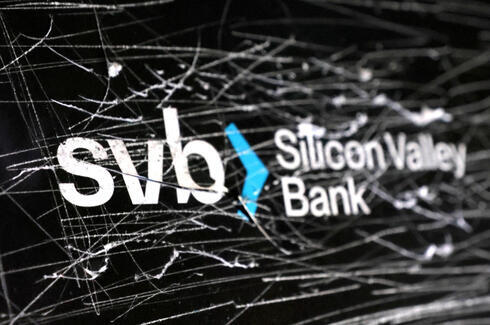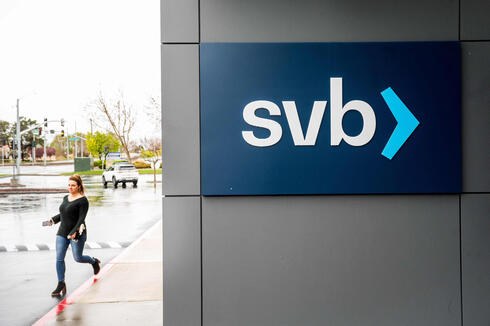
Public Israeli companies reveal connections to SVB
The magnitude of the exposure Israeli companies had to the collapsed Silicon Valley Bank is beginning to become clear. Despite this, it is estimated that most of the local companies that worked with the bank managed to withdraw a large part of their money on Thursday
The magnitude of the exposure Israeli companies had to the collapsed Silicon Valley Bank is beginning to become clear. Public companies that hold cash balances and lines of credit began updating investors on their levels of exposure on Sunday, with the most prominent at this stage being Israeli fintech company Pagaya, which said it holds a rolling credit line of $75 million that it received from the bank last September. According to Pagaya, it never realized the credit at its disposal.
Digital intelligence company Similarweb signed an agreement in 2020 that enabled it to loan up to $75 million from the bank. Innovid, which develops digital advertising technologies, said it has a credit line of $50 million in the collapsed bank. Innovid said that it used $20 million as of the end of 2022. WalkMe also has a similar line of credit.
Regarding deposits, fintech company Payoneer updated that it held less than $20 million of its total $500 million of cash at the bank. Outbrain said it holds less than 5% of its cash balances in SVB. Outbrain also noted that it has a credit line at the bank that it has not drawn down yet and estimates that it will not need it in the foreseeable future. Outbrain's announcement illustrates how extensive and deep the working relationships of Israeli high-tech companies are with SVB, since it also conducts currency hedging transactions through it.
Related articles:
Despite the high exposure of local companies to SVB, it is believed that most of them managed to withdraw a large part of the money on Thursday. The reason for this is that even small startups often have a parallel account in an Israeli bank, which makes it possible to quickly transfer the money without needing to open a new account.
